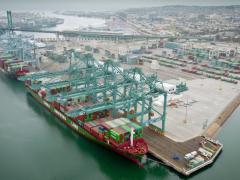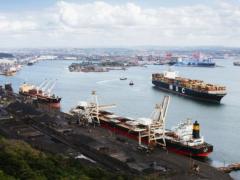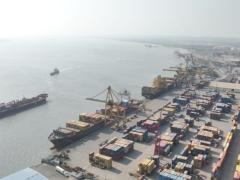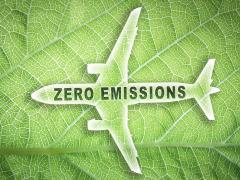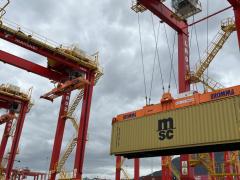The International Trade Administration Commission is keen to open the lines of communication with its customer base – and FTW has agreed to act as the conduit. This is the first of a regular column to be provided by Itac. Send your questions to joyo@nowmedia.co.za, we will forward them to Itac and focus on the most relevant issues. By way of introduction, the aim of Itac is to foster economic growth and development by establishing an efficient and effective system for the administration of international trade. The core functions are: customs tariff investigations; trade remedies; and import and export control. Tariff Investigations Itac conducts tariff investigations to support production and job creation, that is, it receives applications for increases in tariff protection, or for reductions and rebates in duties to lower input costs. It does so either upon application by a specific industry, or sometimes proactively and in line with the National Industrial Policy Framework. The investigations are conducted on a case-by-case basis, taking into account the specific economic, financial, and competitive circumstances within a sector, industry, and the full value chain of upstream and downstream activities within this sector. The objective is to sustain the industrial base, increase investment and employment, improve competitiveness, and generally move manufacturing up the value chain. Trade Remedies The Trade Remedies Unit is responsible for conducting investigations of anti-dumping protection, countervailing duties to counteract subsidisation in foreign countries, and safeguard measures when an unforeseen surge in imports is threatening to overwhelm a domestic producer, in accordance with domestic law and regulations, and consistent with WTO rules. The most commonly used instruments that domestic manufacturers can use against unfair trade are anti-dumping (against dumped imports), and countervailing measures (against subsidised imports). Safeguards are temporary measures that are put in place to allow the domestic industry to adjust and improve its level of competitiveness. In the context of international trade, dumping is defined as a situation where imported goods are being sold at prices lower than in the country of origin, and also causing material injury to domestic producers of such goods. To remedy such unfair pricing, ITAC may recommend the imposition of additional duties on imports, duties that are equivalent to the dumping margin (or to the margin of injury, if this margin is lower). Import and Export Control Import and export control measures generally are applied to enforce health, environmental, safety, and technical standards that arise from domestic laws and international agreements, such as the Montreal Protocol on Substances that Deplete the Ozone Layer and the Basel Convention on the Control of Transboundary Movements of Hazardous Wastes and Their Disposal. For more information, visit the website at www.itac. org.za.

